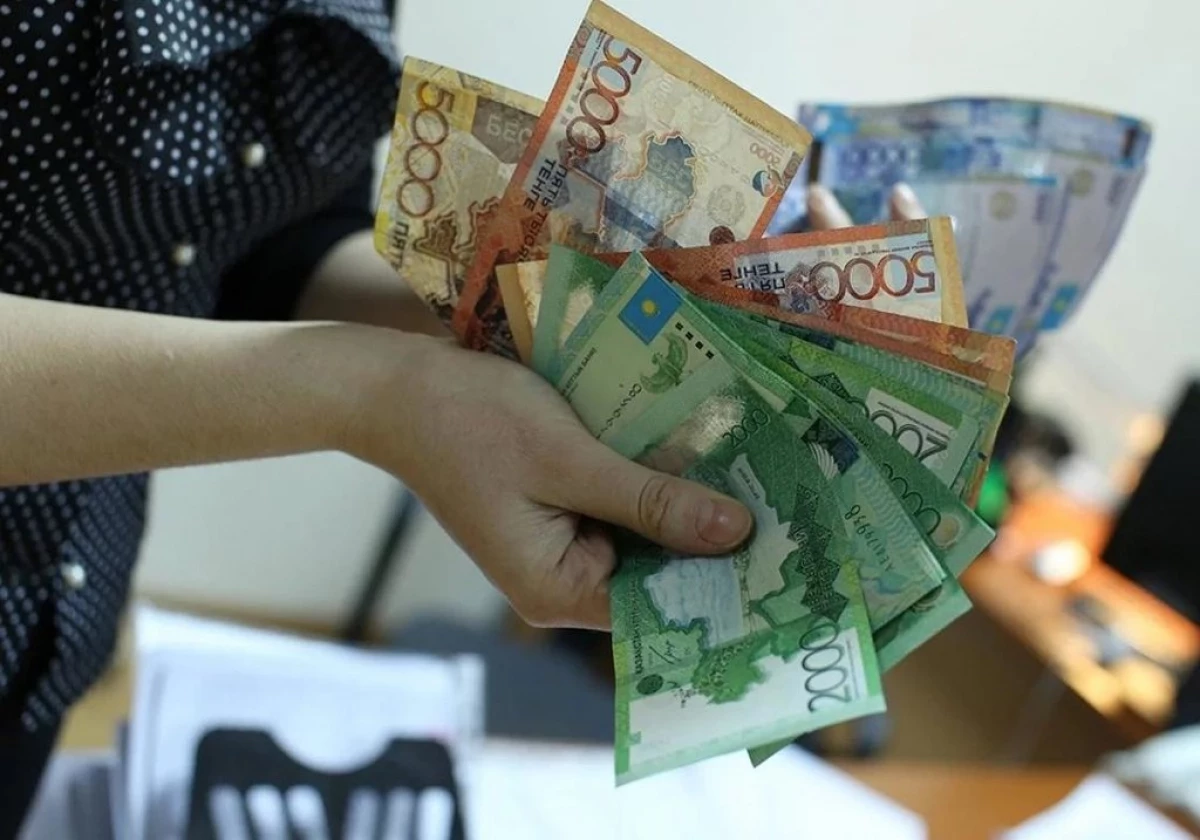
Today, the share of national currencies of the EAEU countries in their calculations with external counterparties is small, although the volume of dollar operations is gradually decreasing. In the calculations inside the Union, the situation is better: almost three-quarters of mutual trade are ensured in the natvaly. However, the increase in the significance of the Natsvalyut is an important condition for the development of the region, consider it to the EDB. January 28 Bank analysts report "Increasing the role of National EAEU currencies in international calculations", in which they told about the premises of the growth of their use and the measures to be taken to ensure it.
Usage Natsvalyuta in EAEP
Calculations in national currencies in the internal trade of EAEU in 2020 reached 74%, from 2013 to 2019. An increase of 10%. At the same time, the main national currency is the ruble, whose share is 70%. In particular, the share of the ruble in trade with Belarus is 80%, with Kazakhstan and Kyrgyzstan - 60%. At the same time, Belarus and international trade more than a third of operations carry out with the help of Russian currency.Representatives of the Bank noted that it was possible to strengthen the role of national currencies by increasing macroeconomic stability in EAEU countries, GDP growth, work on stabilization and liquidity growth.
"It was important to carry out the diversification of trading from hydrocarbons to consumer goods, since the first due to stock price pricing is always traded in dollars, but the latter are an opportunity to increase the share of Natsawlyt" - explained the chief economist EDB Evgeny Vinokurov.
However, there are many questions regarding the use of other countries of the Union, whose share is now small. According to Vinokurov, the role of tenge is growing: "The share of the Kazakh currency increased in settlements with Kyrgyzstan (from 15% to 19% over 7 years), in settlements from the Russian Federation reached 5%, rising from 2%, there is a growth potential with Uzbekistan." As for other currencies, for example, the Armenian drama or Kyrgyz cattle - their share is still extremely low. But Vinokurov noticed that "it is worth focusing not on the success of individual national, but on dedollarization as a whole."
How to develop calculations in the natvaly
"The main, priority priority - departure from the dollar. You can go to different currencies. This is the task number one. And then the second task is going on, on the internationalization of the nationalization, "the head of the macroeconomic analysis and statistics of the Eurasian Fund of Stabilization and Development, Natalia Lavrov, emphasized.
According to representatives of the Bank, "to increase the share of national currency in trade in the EAEU, it is necessary to strengthen it in all areas, and also strive to increase the scale and productivity of the economy." The EDB is also recommended to create national payments and the macroeconomic level to support those successes that are achieved in trade diversification.
At the same time, the creation of a single currency, for example, "Eurasa" or "Altyna" on the Eurasian space in the EDB was considered irrelevant in the next 10 years, as it would give a negative effect for the growth of the GDP of the participating countries.
Provide to this issue of Vinokurov proposed when promotion in such areas as "increasing the internal economic stability, increasing the volume of trade and investment, the unification of the regulation of foreign exchange markets, coherence of monetary policy approaches."
Dedollarization of international settlements
It is much more difficult about the situation with the promotion is focused outside the EAEU. The main interest in goods from the EAEU is still developing countries, which, however, can be a reason for expanded integration with such states. Trading within the Union takes only 2-3% of the world, the main flows fall on the USA, the EU and China, so the departure from the dollar in foreign economic cooperation with other countries is slow.Nevertheless, Vinokurov recalled that "every third import transaction with Turkey and each fifth with India is serviced in rubles."
No less success is achieved in trade with China, however, the reduction of the share of the dollar took place in favor of Yuan. "The share of the dollar in Russian-Chinese trade is about 50%, but the share of yuan in trade is growing far faster than the ruble," Lavrov said. At the same time, Vinokurov called the Chinese Case "unconditional success in the dedollarization policy."
Digitalization currencies
EDB experts also answered the question of the correspondent "Eurasia.Expert" regarding the digitalization of currency calculations in the EAEU in the light of the plans for the introduction of a digital ruble. And at least there is no institutional policy in this area, Lavrov noted that "the active introduction of digital currencies does not occur nowhere else in the world, only the calculation, preparation of the methodology is made."
According to Vinokurov, the Central Bank of the Russian Federation works in this direction, since he wants to be in the trend. But in itself, such currencies can very often be used for "non-residential payments", criminal transactions and can both reduce transaction costs and undermine the positions of traditional currencies. At the same time, there is a potential for the introduction of digital currencies in trade with China, which is actively studying and the development of such payments.
***
Despite all the obstacles and a relatively small share of EAEU in international trade, significant successes have already been achieved on the introduction of national currencies in mutual calculations inside the Union and beyond. The further implementation of the capacity of the use of Natsvalyut, according to analysts of the EDB, will depend on the level of macroeconomic stability and packages of public policy.
Dmitriev Danil, the correspondent of the analytical portal "Eurasia. Expert"
